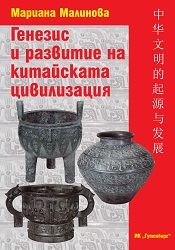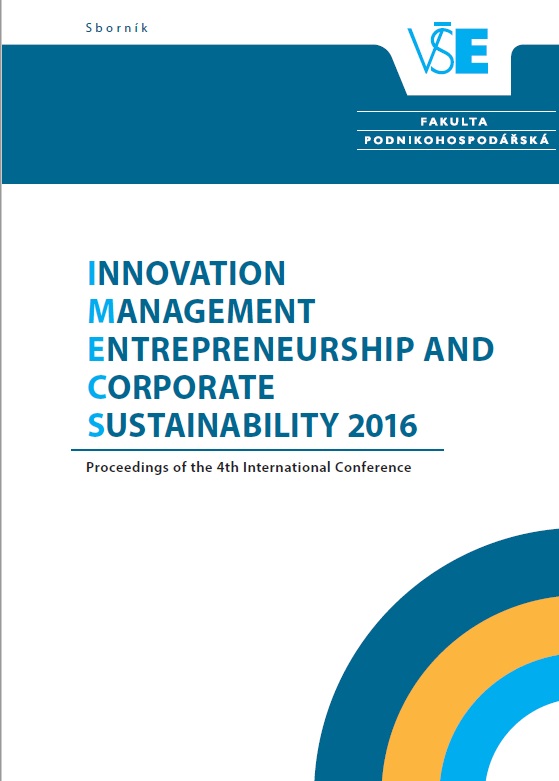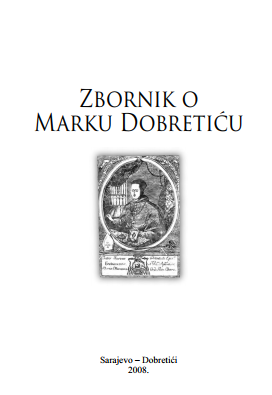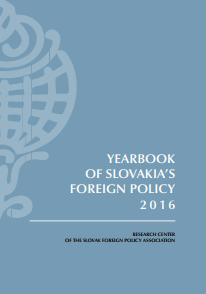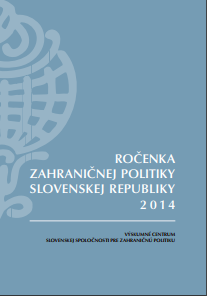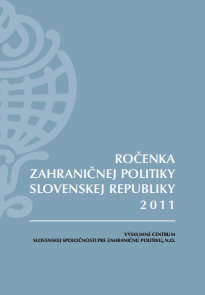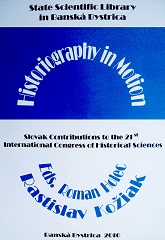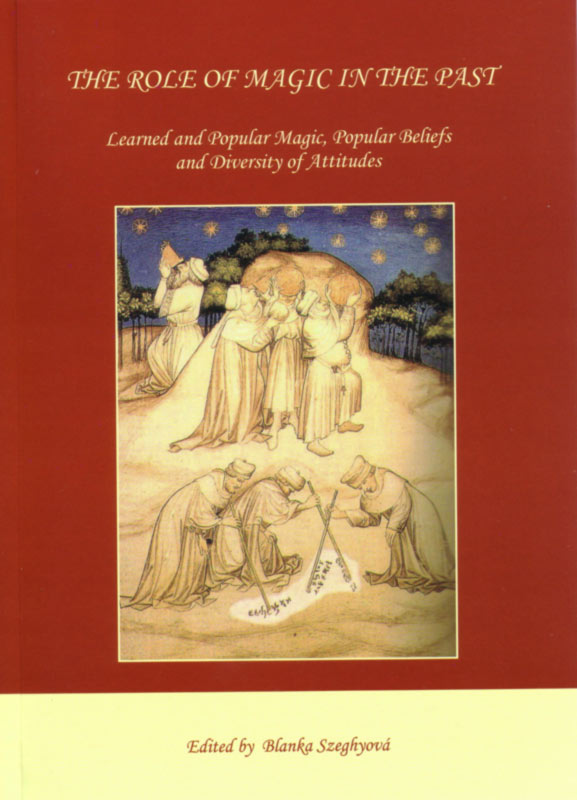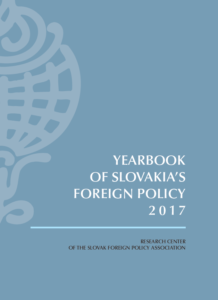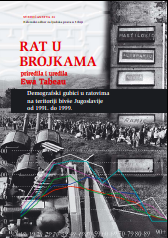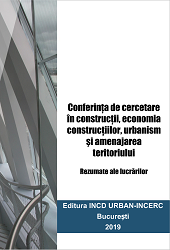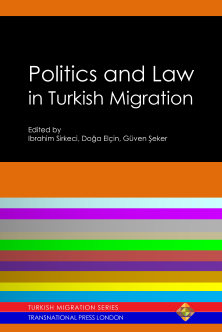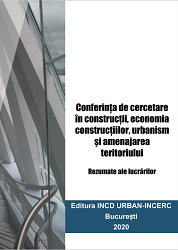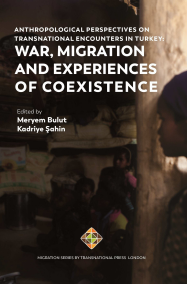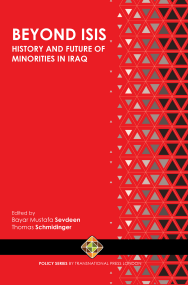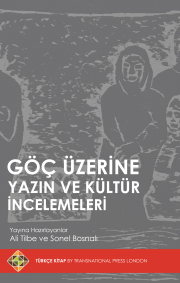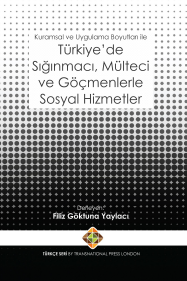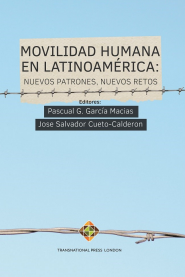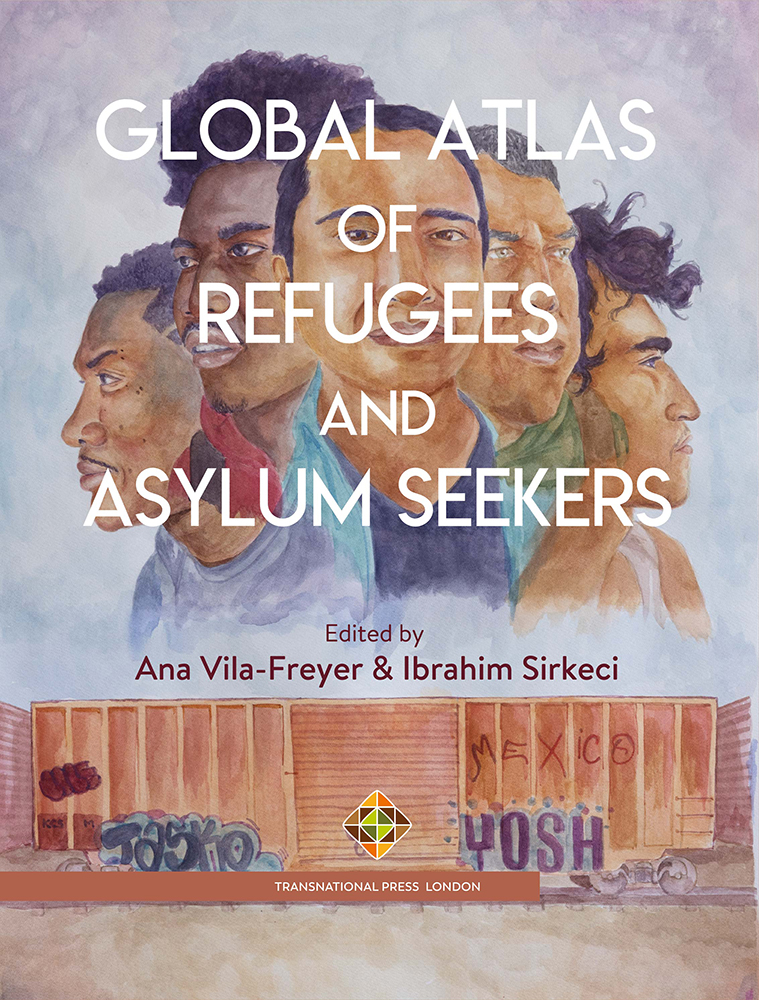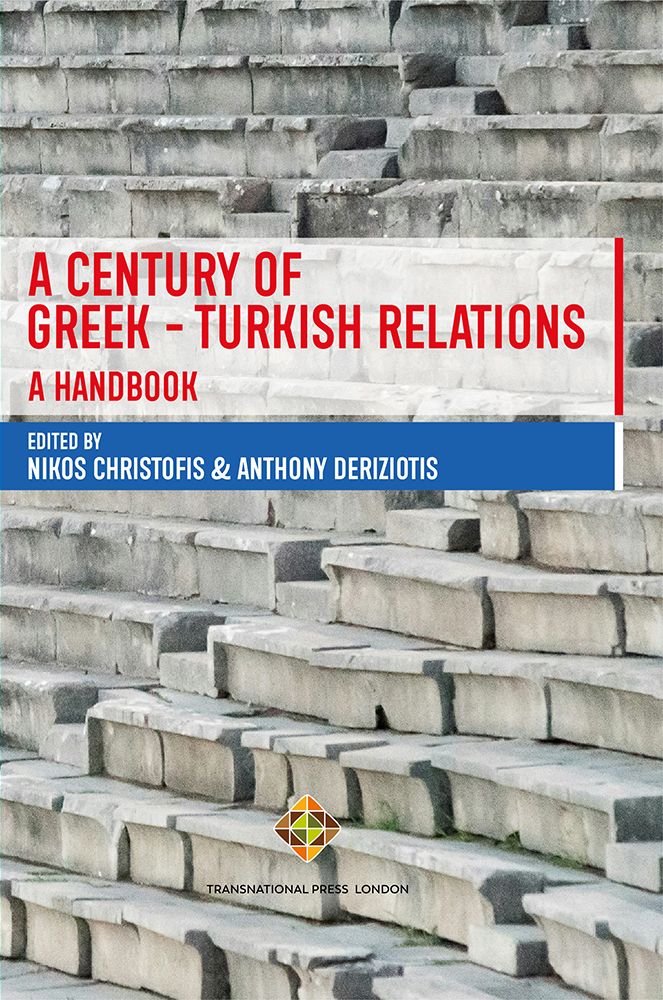Author(s): / Language(s): Slovak
V uplynulom roku sa opäť po chvíli relatívneho pokoja otvorila Pandorina skrinka medzinárodných vzťahov. To, čo sa dialo, deje a bude diať v blízkej budúcnosti u nášho východného suseda, bolo bez akýchkoľvek pochybností udalosťou roka číslo jeden. Nielen v našom regióne. Počas uplynulých 12 mesiacov roku 2014 sme v Európe nemali v politickej debate komplikovanejšiu tému. Všetko ostatné ostalo v tieni bojov na Ukrajine, resp. sme sa na to „ostatné“ dívali cez prizmu situácie na Ukrajine. Pripomenutie si 100. výročia od začiatku prvej svetovej vojny či 70 rokov od vylodenia v Normandii, alebo nášho slovenského povstania v druhej svetovej vojne tak malo trpkú príchuť. Podobne aj oslavy desiatich rokov Slovenska v Európskej únii a NATO mali v ukrajinskom kontexte inú dimenziu. Konflikt na Ukrajine či anexia Krymu, ale aj pomerne rozpačité reakcie toho, čomu hovoríme trochu vágne medzinárodné spoločenstvo, ukázali, že medzinárodný systém a pravidlá, na ktorom stojí, resp. chce stáť, majú veľmi krehké základy. Pre Slovensko, ktoré je dlhodobým podporovateľom integračných ambícií Ukrajiny (bez ohľadu na to, čo hovorí premiér) a zároveň susedom, je tento vojenský konflikt Ukrajiny s Ruskom ešte osobitejší. Po dlhom čase bola zahraničnopolitická téma intenzívnou a pravidelnou témou vnútropolitickej debaty, zasiahla aj ako jediná takáto téma do predvolebnej kampane pred prezidentskými voľbami, rozdelila nielen vládu a opozíciu pri interpretácii toho, čo sa deje, ale charakterizovala ju kakofónia úradu vlády a ministerstva zahraničných vecí, ktorého práca bola touto situáciou poznačená azda na každom kroku. Bohužiaľ, až „vďaka“ Ukrajine sme si (nielen v SR, ale aj na medzinárodnej úrovni) uvedomili, že je potrebné reštartovať v desiatom roku nášho členstva v Aliancii a EÚ upadajúcu debatu o bezpečnosti, o budúcnosti spoločnej zahraničnej politiky EÚ a úlohe Únie vo svete, o budúcnosti Východného partnerstva (a rozširovania vo všeobecnosti). Nielen pre vojnu medzi Ukrajinou a Ruskom, ale aj v jej dôsledku sme sa posunuli vpred i v téme energetickej bezpečnosti, keď Slovensko v septembri spustilo reverzný tok plynu na Ukrajinu. Ukrajina bola aj témou nášho predsedníctva vo V4, počas ktorého sme koordinovali humanitárnu pomoc (a sčasti aj rozvojové aktivity) pre Ukrajinu. Okrem Ukrajiny nám oči pootvorili (pevne v to verím) aj voľby do Európskeho parlamentu. Účasť 13 %, jedna z úplne najnižších v EÚ, len potvrdila to, čomu hovoríme slovenský paradox. Aj to nás čiastočne prebudilo a donútilo (aspoň vo forme vyjadrení plánov a potreby sebareflexie) bilancovať a predefinovať priority. Uvidíme, ako sa s týmito výzvami, ktoré sme v roku 2014 ešte nechali „odležať“, popasuje naša domáca i zahraničná politika v roku 2015. Rok 2014 bol pre zahraničnú politiku bez akéhokoľvek preháňania veľmi ťažký a úvod roka 2015 naznačil (veľmi priamo a bez pretvárky), že nebude o nič jednoduchší. Napokon, odráža sa to aj v nasledujúcich textoch už 16. ročenky. Bohužiaľ, z rozličných dôvodov nie je možné vyskladať publikáciu, ktorá by rok 2014 zhodnotila komplexnejšie, ale snahou bolo poskytnúť priestor témam, ktoré sme spolu s edičnou radou považovali v uplynulom roku za tie najpodstatnejšie (a nie náhodou takmer všetky reflektovali problémy súvisiace so situáciou na Ukrajine). Cieľom bolo, aby autori udalosti nielen opísali, resp. odprezentovali, ale poskytli aj svoju analýzu, videnie či odporúčania. I preto sa do výberu dostali autori s istou mierou odstupu, t. j. z mimovládneho či akademického prostredia, a mali tak prednosť pred úradníckym vnímaním problému. Napokon, pohľad na zahraničnú politiku tu za realizátorov zahraničnej politiky poskytol minister zahraničných vecí a európskych záležitostí. Ten vo svojom texte prezentuje problémy a aspekty slovenskej zahraničnej politiky z pohľadu inštitúcie zodpovednej za výkon zahraničnej a európskej politiky. Expertná časť ročenky je, ako už býva zvykom, rozdelená do štyroch blokov. Prvý bilancuje a hodnotí slovenské pôsobenie a úspechy pri presadzovaní našich záujmov v medzinárodnom prostredí, druhý analyzuje našu politiku v prioritných oblastiach, resp. regiónoch a tretí diskutuje o kvalite a efektivite nástrojov na realizáciu zahraničnej a európskej politiky SR. Ani v tomto roku nechýba časť pripomínajúca si významné výročia súvisiace s dôležitými osobnosťami alebo udalosťami slovenskej zahraničnej politiky. Prvá časť sa začína príspevkom Zuzany Gabrižovej, šéfredaktorky informačného portálu EurActiv.sk, ktorý analyzuje podstatné udalosti v európskej politike Slovenska počas roka 2014, keď sme oslávili 10 rokov nášho členstva v Únii. Martin Vlachynský, analytik Inštitútu ekonomických a spoločenských analýz (INESS), analyzoval situáciu v eurozóne, jej pozitíva, no aj výzvy, resp. riziká, ktoré na EÚ a eurozónu čakajú. Slovenskú energetickú politiku v kontexte globálnych a regionálnych udalostí s minimálne strednodobým dosahom na SR poskytuje analytik RC SFPA Karel Hirman. Ten za najvýraznejšie udalosti považuje sprevádzkovanie reverzného toku plynu, znižovanie dodávok plynu Gazpromom pre SPP, ako aj situáciu okolo Slovenských elektrární. Svoj pohľad na bezpečnostnú a obrannú politiku Slovenska v roku 2014, ktorý uzatvára časť o pôsobení SR v medzinárodnom prostredí, spracoval Róbert Ondrejcsák, riaditeľ Centra pre európske a severoatlantické vzťahy. Podľa neho rok 2014 znamenal renesanciu diskusií o bezpečnostnej politike na Slovensku. Druhú časť ročenky, ktorá sa venuje prioritným oblastiam našej zahraničnej politiky, otvára príspevok Tomáša Strážaya, vedúceho výskumného programu Stredná a juhovýchodná Európa v RC SFPA, ktorý analyzuje stredoeurópsku spoluprácu v roku 2014. Aj v jeho článku je prierezovou témou situácia na Ukrajine. Riaditeľ RC SFPA a vedúci výskumného programu Východná Európa Alexander Duleba sa sústredí hlavne na zmapovanie politiky SR voči Ukrajine a Rusku, vrátane postojov oficiálnych predstaviteľov SR, parlamentných strán a slovenskej verejnosti k hodnoteniu príčin a priebehu rusko-ukrajinskej krízy, ktorá trvá od konca februára 2014. Slovenské aktivity na západnom Balkáne, kde majú naše aktivity i diplomacia dlhodobo vysokú kvalitu, už tradične hodnotil nezávislý novinár Július Lőrincz. Tretia časť hodnotí fungovanie a efektivitu slovenskej rozvojovej spolupráce. Autori textu Nora Beňáková z občianskeho združenia Človek v ohrození a Peter Brezáni z RC SFPA svoju pozornosť upriamili na hodnotenie uskutočňovania cieľov nastavených v strednodobej stratégii ODA na roky 2014 – 2018, snažili sa poskytnúť sumár aktivít slovenskej rozvojovej pomoci a v záujme skvalitnenia a zefektívnenia ODA predložili niekoľko návrhov a odporúčaní. Naďalej pokračujeme v rubrike Z histórie slovenskej zahraničnej politiky. Keďže v roku 2014 oslávila Slovenská republika desať rokov svojho členstva v Európskej únii a NATO, do tejto edície bola zaradená krátka, ale obsažná analýza trendov v postojoch verejnosti k NATO a EÚ, ako aj vnímania členstva Slovenska v oboch zoskupeniach, ktorú spracovala analytička Inštitútu pre verejné otázky Oľga Gyárfášová. Expertnú časť tradične dopĺňajú prílohy – chronológia dôležitých zahraničnopolitických udalostí, zoznam medzinárodných zmlúv, informácie o štruktúre a predstaviteľoch orgánov štátnej správy pôsobiacich v zahraničnej politike, zoznam diplomatických misií a predstaviteľov SR v zahraničí, diplomatického zboru v SR, informácie o vojenských misiách v zahraničí a podobne. Pevne verím, že aj táto ročenka si nájde cestu k čitateľom a poslúži všetkým, ktorí sa zaujímajú o minulosť, prítomnosť i budúcnosť Slovenska a jeho zahraničnej politiky. Na záver by som sa rád poďakoval Ministerstvu zahraničných vecí a európskych záležitostí SR za spoluprácu na tomto projekte a za to, že vďaka ich podpore sme v budovaní tejto veľmi potrebnej tradície mohli aspoň v tomto skromnom formáte pokračovať.
More...
